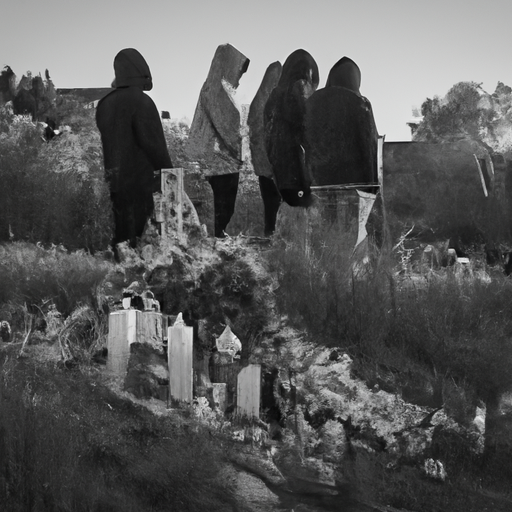A State of Emergency: The Opioid Crisis on the Piikani Nation Reserve
Front and center in the news, the escalation of the opioid crisis is inciting growing alarm. In particular, one Canadian indigenous community, Piikani Nation, has been severely impacted. Recently, the leadership of the Piikani Nation declared a state of emergency in response to fatal opioid poisonings, as reported in this Hamilton Spectator article.
Unpacking the Issue
The opioid crisis is a complex, multifaceted issue plaguing communities across Canada. As with many social and health problems, vulnerable and underserved populations bear the brunt of this crisis. The Piikani First Nation community, a marginalized group with limited resources, is experiencing the detrimental effects of this epidemic. The situation has become so dire that the leadership felt the need to declare a state of emergency to raise awareness and seek assistance.
Impacts on the Community
The impacts of the opioid crisis on the Piikani Nation is reflected in various ways. These include:
- Loss of Lives: Fatal opioid poisonings have occurred in the community, resulting in immeasurable grief and loss.
- Community Instability: Increased drug use generates higher crime rates, instability, and fear within the community.
- Health and Social Consequences: Individuals affected by opioid addiction face homelessness, increased criminality, marginalization, and health complications.
- Emotional Impact: The mental health of community members is severely affected, leading to trauma, depression, and anxiety.
Combatting the Crisis
To combat the opioid crisis, the Piikani Nation has implemented a multifaceted action plan. Initiatives include raising public awareness, improving access to naloxone kits, and increasing support for individuals struggling with addiction. This holistic approach is critical in tackling an issue as complex and pervasive as the opioid epidemic.
Support from the Broader Community
Allied with the Piikani Nation in this fight is the broader Canadian society. The federal government, through a proposed opioid class action, will hold pharmaceutical companies accountable for their role in the opioid crisis. This is part of an inclusive strategy to bring about legal, political, and institutional changes that prevent further harm to communities affected by opioids.
Looking Ahead
While declaring a state of emergency is a big step, the fight against the opioid crisis is far from over. The society at large needs to continue to lend support to marginalized communities like the Piikani Nation. Addressing entrenched social issues like homelessness, crime, and the opioid crisis will require long-term commitment, investment, and a boundless capacity for compassion and understanding.
Conclusion
In summary, the effects of the opioid crisis are keenly felt within the Piikani Nation—a community already grappling with existing societal issues like poverty and marginalization. Their declaration of a state of emergency underscores the urgency of the situation and how all-pervasive the crisis has become. However, as the responses to this crisis have shown— from improving access to life-saving naloxone and offering healing services to holding pharmaceutical companies accountable—there is a coordinated, comprehensive effort being made to combat the opioid crisis. The task at hand requires widespread societal changes, significant investment in healthcare, rehab and prevention services, and ultimately, a redefinition of societal attitudes towards drug addiction.
